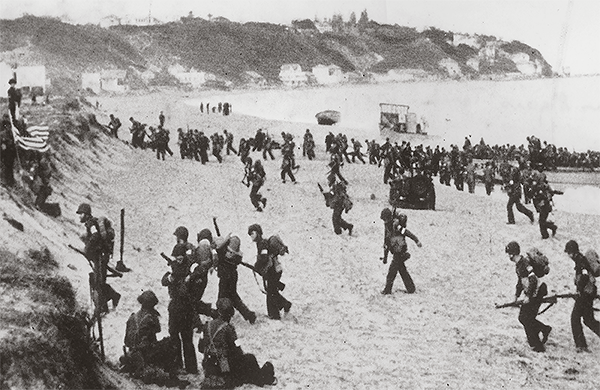Defeat was inevitable. It was just a matter of time.
Rommel's forces were being ground to the point of
collapse by Montgomery's overwhelming military
advantage. After twelve days of battle, Rommel
chose to save the remnants of Panzerarmee Afrika
and withdraw from Alamein, retreating west.
The string of military defeats by British forces would
come to an end with their win at El Alamein. The victory
over Rommel restored Churchill's political support,
which had been dwindling to a dangerously low level.
He could not lead effectively if his military competence
were in doubt.
Three months before the Germans surrendered to Allied
forces in North Africa, Hitler's military in Russia would
suffer the loss of an entire army, twenty divisions, in the
battle of Stalingrad. This defeat would prove to be the
turning point in the war for Europe, with blame for this
catastrophe being placed on the hubris and incompetence
of the Fuhrer, Adolf Hitler.
Desperate to regain the military initiative over Russia,
Hitler launched a late summer offensive on Stalin's
forces that fortified the farmland around the Soviet
town of Kursk. This battle would end what small chance
Hitler had of winning his war in the East. From here on
the best the German Wehrmacht could do was slow
the Red Army's advance on Berlin.
The only way to dispose of a tyrant is by killing him.
Plots to cancel out Hitler circulated among his generals.
Those closest to the Fuhrer would later be found to have
planned his murder. Germany's leader had good reason
to be paranoid.
Four days following Axis defeat at Alamein, Rommel
gets word of the Yanks flowing ashore to his rear,
in Morocco and Algeria. With the British 8th Army
pursuing his forces from the east, Rommel must now
also prevent the Americans from capturing Tunisia
in the west. German and Italian presence in North
Africa could not be supplied without the port of Tunis
being under Axis control.
* * * * *
OVER EASY








No comments:
Post a Comment